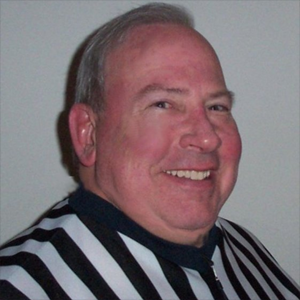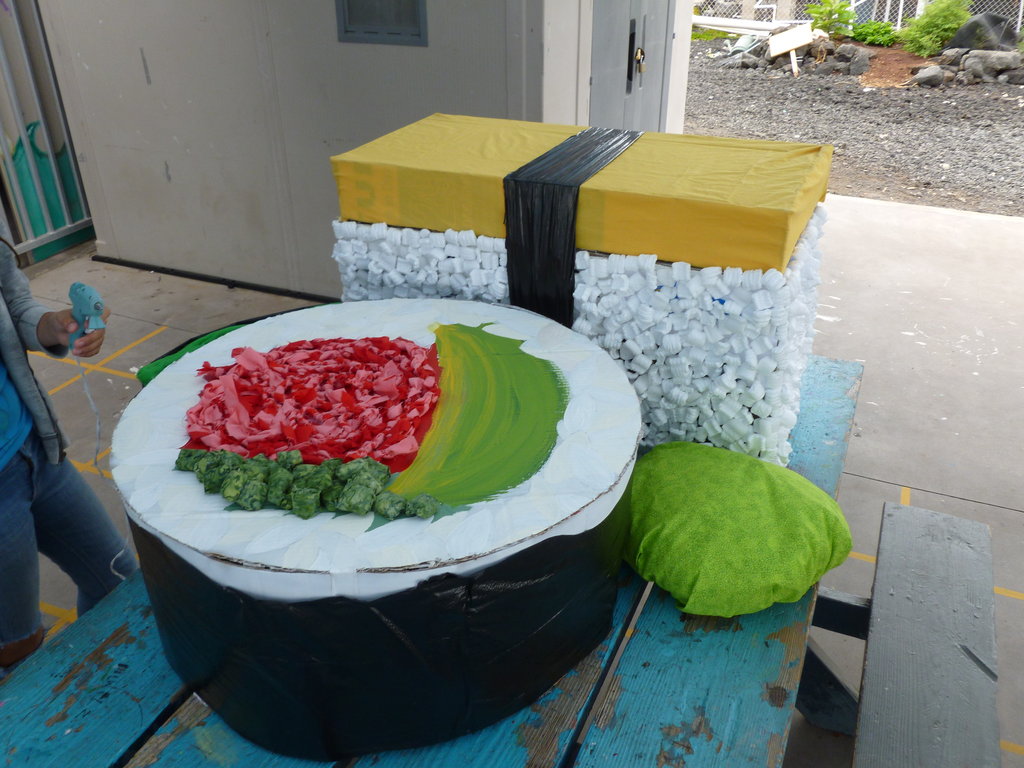
Rndballref
20 Years Experience
Chicago, IL
Male, 60
For twenty years I officiated high school, AAU and park district basketball games, retiring recently. For a few officiating is the focus of their occupation, while for most working as an umpire or basketball referee is an avocation. I started ref'ing to earn beer money during college, but it became a great way to stay connected to the best sports game in the universe. As a spinoff, I wrote a sports-thriller novel loosely based on my referee experiences titled, Advantage Disadvantage
There is no restriction on a throw in of a player bouncing the ball - unless the referee interprets the bouncing to be a pass which first hits out of bounds. If it is clearly a dribble, no issue.
The rulebook states that a dribble ends when the dribbler picks up the ball, the ball is touched by an opponent,or the ball becomes dead. It is a violation to dribble a second time unless it is after an attempt at try, a touch by an opponent, or a pass or fumble which touches another player.
So, if you dibble off a players foot and retrieve the ball and resume dribbling it is double dribble. If you would have passed the ball hitting a teammate and then retrieve it no violation.
Answer to your question is no.
Doesn't sound like a correct call. The violation should have been ignored OR a pushing foul should have been called.
Yes, the ball becomes live when it is at the disposal of the thrower on a throw in. It is illegal to have 6 players when the ball is live. Should be a technical.
BUT, it is also poor officiating by the referee crew, because one of the throw in officials' partners should be counting players (after time out for example) and preventing this situation from arising.
Sushi Chef
 Is there THAT much difference in quality between the fish served at mid-range vs high-end places?
Is there THAT much difference in quality between the fish served at mid-range vs high-end places?
Pharmaceutical Researcher
 Will we see a cure for cancer in this lifetime?
Will we see a cure for cancer in this lifetime?
Navy Officer (Former)
 What's the most dangerous situation you were ever in?
What's the most dangerous situation you were ever in?
The buzzer does not make the ball dead. Players should play on until they hear a whistle. Once possession has been established or the basket made the refs should blow the whistle, stop play and check with the timer to find out why the horn sounded.
If team A loses possession because B tips the ball, but A does not reclaim possession (going thru fingertips does not establish possession) there would be no backcourt violation.
Not sure what situation you are asking about. If this does not answer your question please rephrase it. So, if the free throw shooter has the ball and the defense commits a violation in a one-and-one, the referee should hold one arm parrallel to the floor to indicate a delayed call. If the free throw goes in then the violation is ignored. If the free throw is missed, then the one-and-one is restarted from the beginning. If the ball was not at the disposal of the free throw shooter and a violation occurs, it should be ignored and the process reset.
-OR-
 Login with Facebook
Login with Facebook (max 20 characters - letters, numbers, and underscores only. Note that your username is private, and you have the option to choose an alias when asking questions or hosting a Q&A.)
(A valid e-mail address is required. Your e-mail will not be shared with anyone.)
(min 5 characters)
By checking this box, you acknowledge that you have read and agree to Jobstr.com’s Terms and Privacy Policy.
-OR-
 Register with Facebook
Register with Facebook(Don't worry: you'll be able to choose an alias when asking questions or hosting a Q&A.)